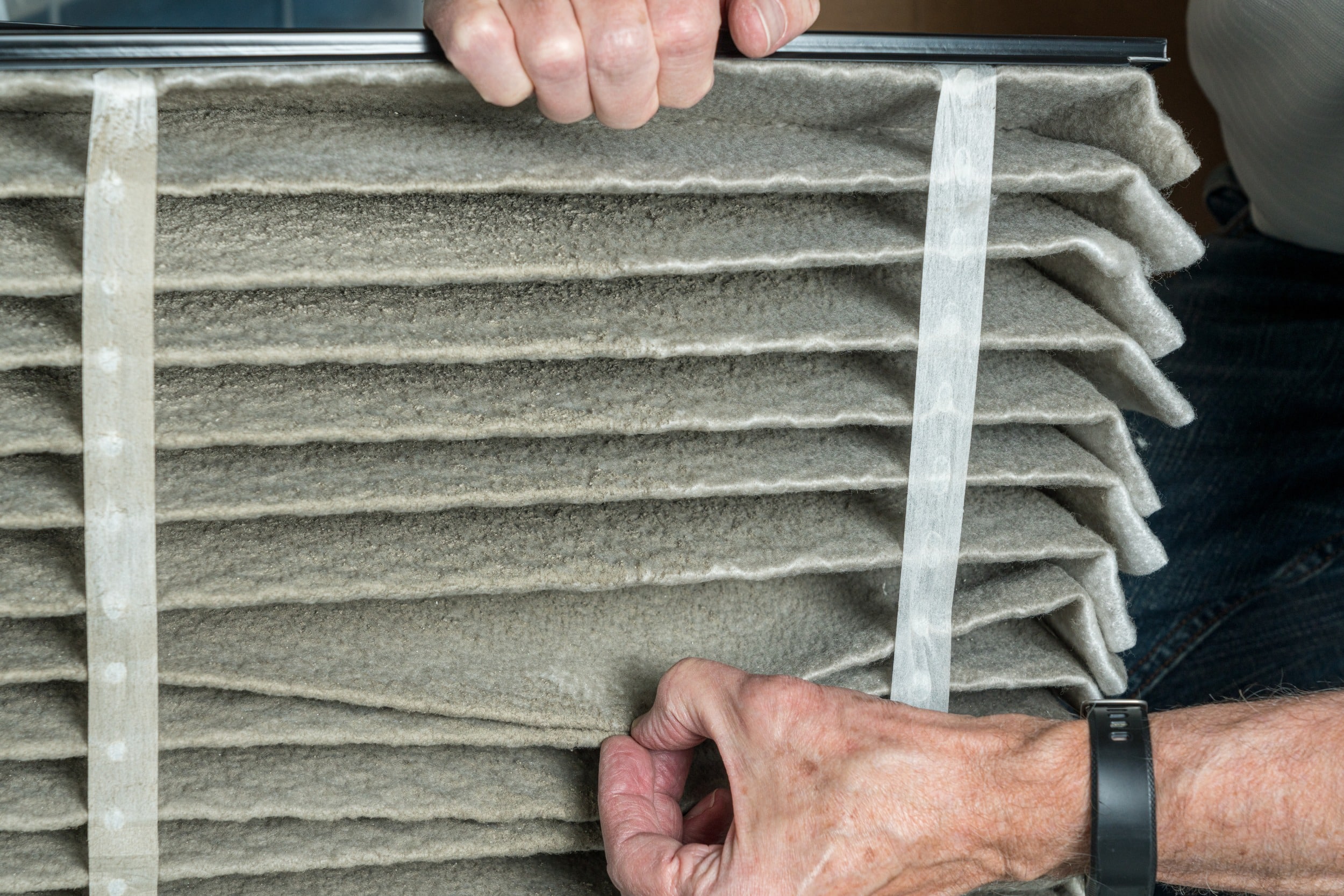Blog


Few things are more frustrating than discovering drips of water coming from your air vents — except perhaps finding a pool of water below your AC unit! Leaks and drips can cause yellowed ceilings, slippery floors, and even mold, so it’s important to resolve the issue before it causes damage. Here are some common reasons why you experience water dripping from your AC’s air vents.
Air Leaks Around Vents
Ideally, your vents control the flow of cooled air throughout your home. But if there are leaks around the vents, condensation can build up in the ceilings and walls, causing drips. To test this theory, simply pass your hand around the vent and see if you feel air coming out anywhere besides the grate. If so, you can fix the issue yourself with a bit of caulk, available at home improvement stores.
Clogged Condensate Line
The condensate line drains condensation from your AC unit. This is especially common if your AC unit is above the ceiling or in the attic. If the drain doesn’t work effectively, water builds up in the drip pan and can back up the condensate line. In some cases, this can even cause the AC unit to shut off.
Dirty Air Filter
It’s easy to forget about changing your air filter. Unfortunately, that can cause a variety of problems, from the re-circulation of dirt and dust around your home to the freezing up of your unit. How? If debris can’t be filtered out, it can stop air from flowing. When that happens, ice forms around your AC unit. Then, it thaws when the unit stops running. If you’re noticing drips after your AC turns off, a frozen unit — and a dirty air filter — are the likely culprits.
Lack of Insulation
Any air ducts that aren’t insulated raise the probability that condensation will build up within your system. Especially if your AC unit is in the attic, the liquid then drains downward through your vents. Systems that reside in the attic are more susceptible to this problem because many attic spaces aren’t insulated, or the insulation has degraded over time. It’s worth your effort to re-insulate your attic and around the ducts themselves. You’ll probably see a drop in your energy bill as well.
Malfunctioning Sump Pump
The sump contains water that’s cooled within your AC unit. Every sump has a pump to remove excess water. This pump is triggered by a float switch when the water level rises. If the pump stops working, the water will backup and leak out of the system. Sometimes, the problem is a stuck float switch. Other times, the pump itself may cease working.
Leaking Refrigerant
If your system’s refrigerant is leaking, there won’t be sufficient levels to cool and dry air within your home. This means that moisture builds up on the evaporator coils. These cools can only do so much, so the excess condensation comes out via your vents. You can usually tell that this is the problem if you experience low airflow or air that doesn’t feel cool. However, the bigger problem here is the leaking refrigerant. This substance presents a health risk when outside your system, so it’s important to repair the leak ASAP.
Fix Those Leaks Before They Become A Problem
Leaks are never fun, and sometimes, even small drips can point to bigger problems with your AC system. If you suspect that any part of your unit is malfunctioning, it’s important to address the problem quickly or call in an HVAC professional. Doing so ensures the optimal performance and safety of your unit, as well as greater home comfort and lower utility bills!
